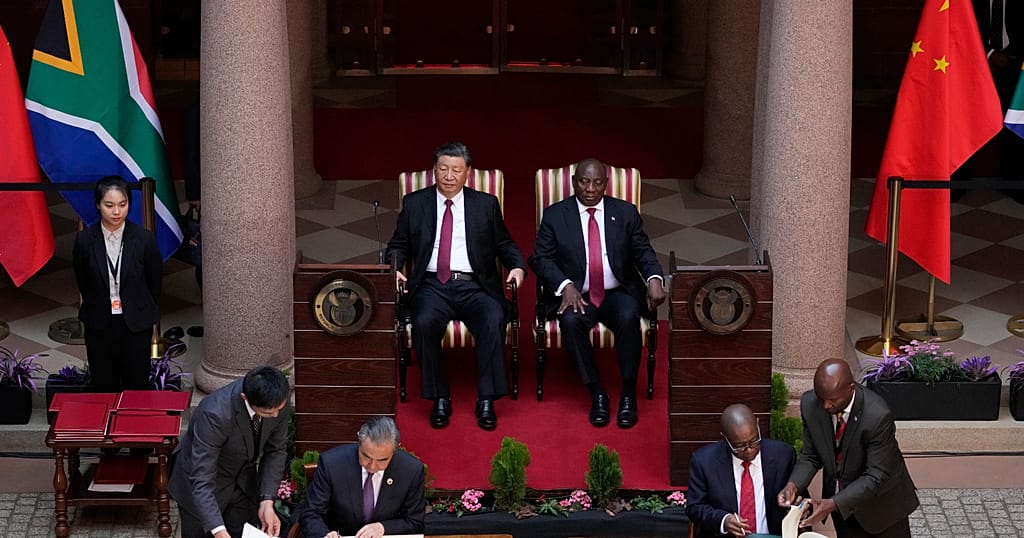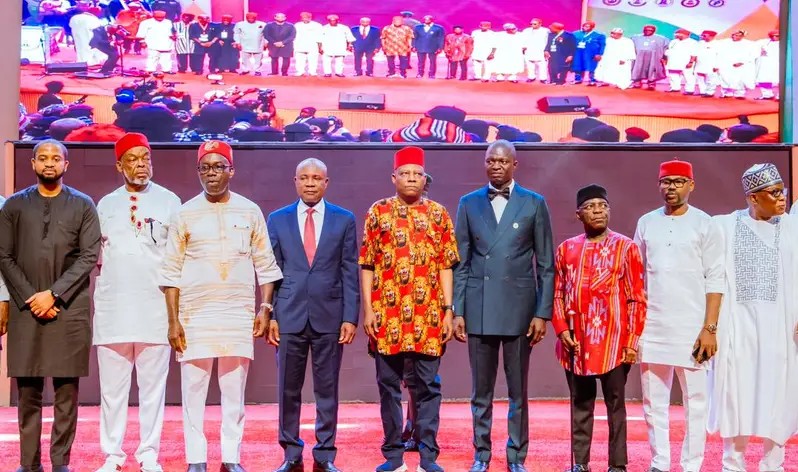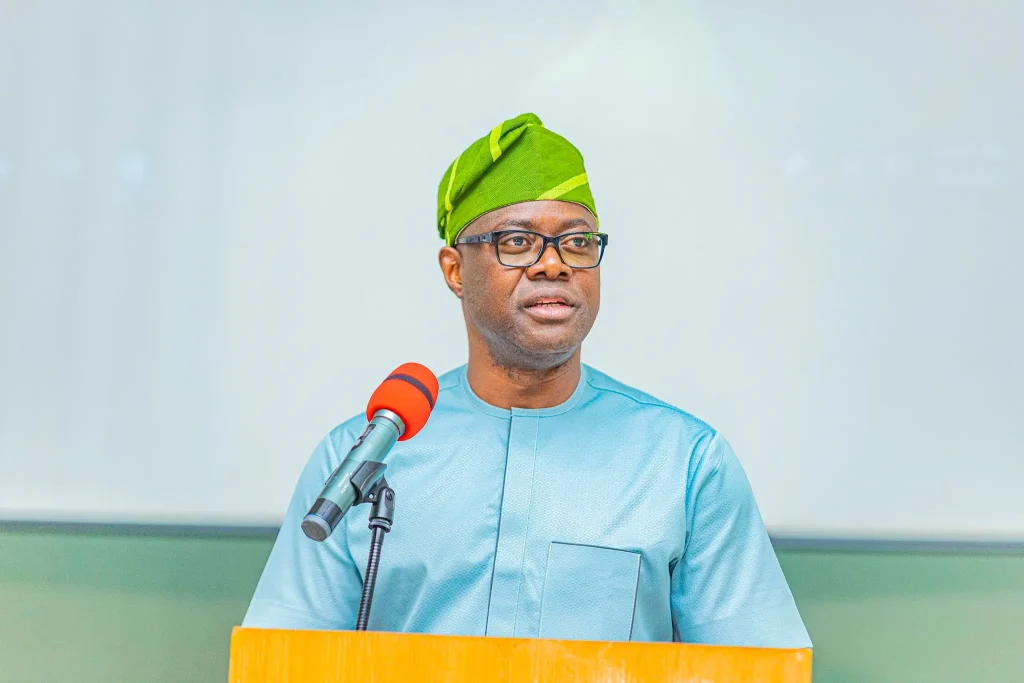The United States has taken a bold step in the fight against corruption and human rights abuses in Zimbabwe by imposing sanctions on eleven individuals and three entities, including President Emmerson Mnangagwa. This move comes as part of a new, more targeted sanctions policy following President Biden’s approval of an Executive Order terminating the previous sanctions program that had been in place since 2003.
The decision to impose these sanctions was made due to ongoing concerns about widespread corruption and human rights violations in Zimbabwe. Government officials, including members of President Mnangagwa’s administration, have been implicated in the looting of public funds, depriving the people of Zimbabwe of much-needed resources. Additionally, reports of abductions, physical abuse, and unlawful killings have instilled fear among the citizens of Zimbabwe.
The United States is committed to ensuring that its sanctions are effective and focused on those individuals who are directly involved in corruption and human rights abuses. The goal is to encourage the Zimbabwean government to adopt more transparent and democratic practices, tackle corruption, and protect the rights of its citizens so that all Zimbabweans can thrive.
These designations were made under Executive Order 13818, which is part of the Global Magnitsky Human Rights Accountability Act. This legislation targets individuals who are responsible for serious human rights abuses and corruption worldwide. For more information on these sanctions, you can refer to the White House announcement and the Treasury’s press release.
Antony J. Blinken, Secretary of State, emphasized the importance of holding accountable those who engage in corruption and human rights abuses, regardless of their position of power. The United States remains committed to promoting accountability and justice around the world.



